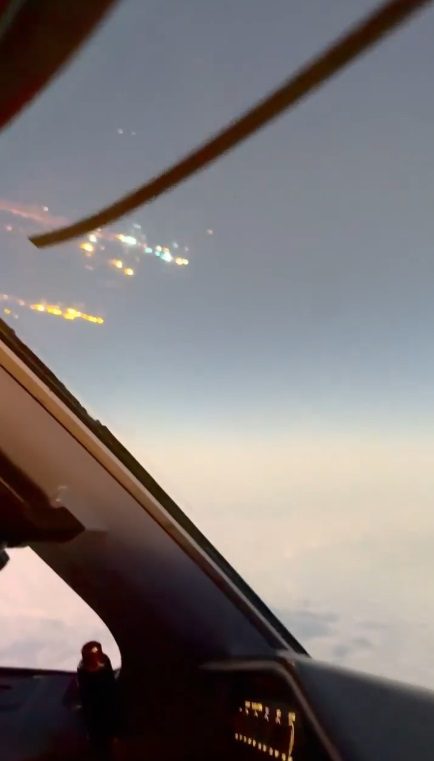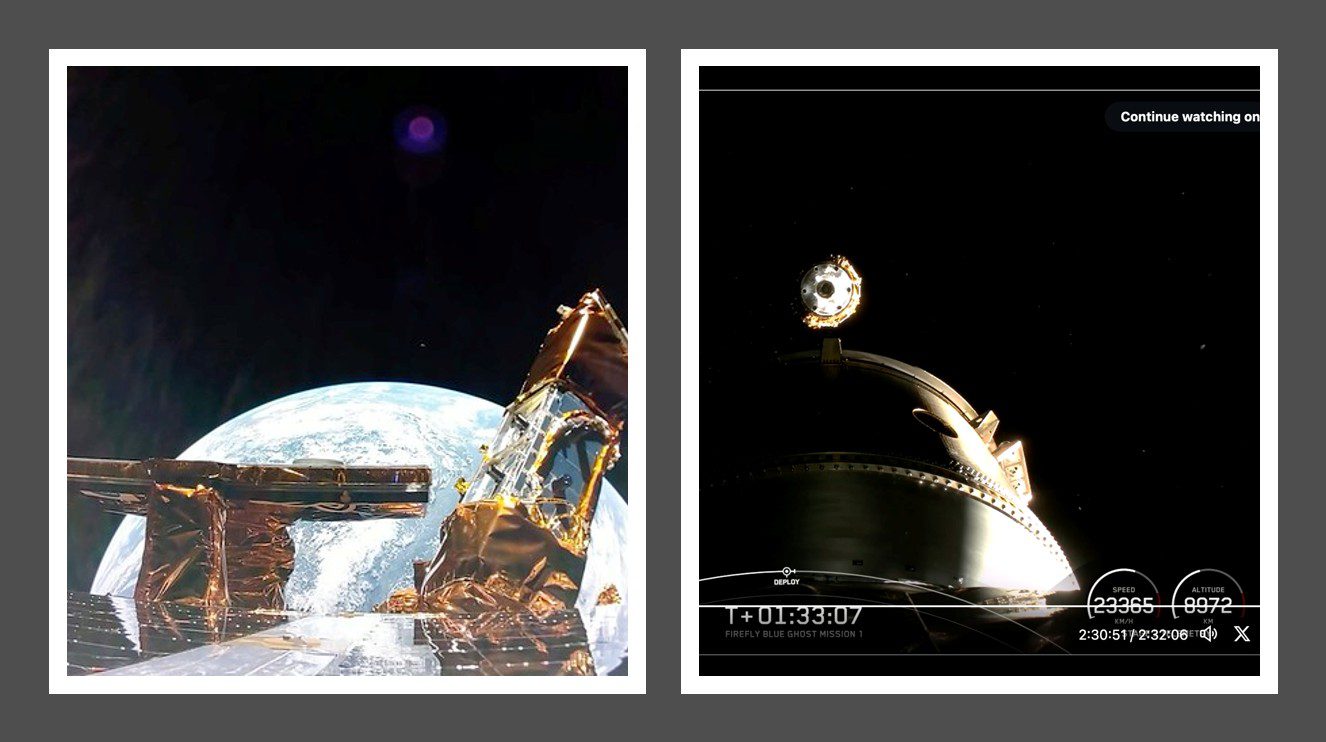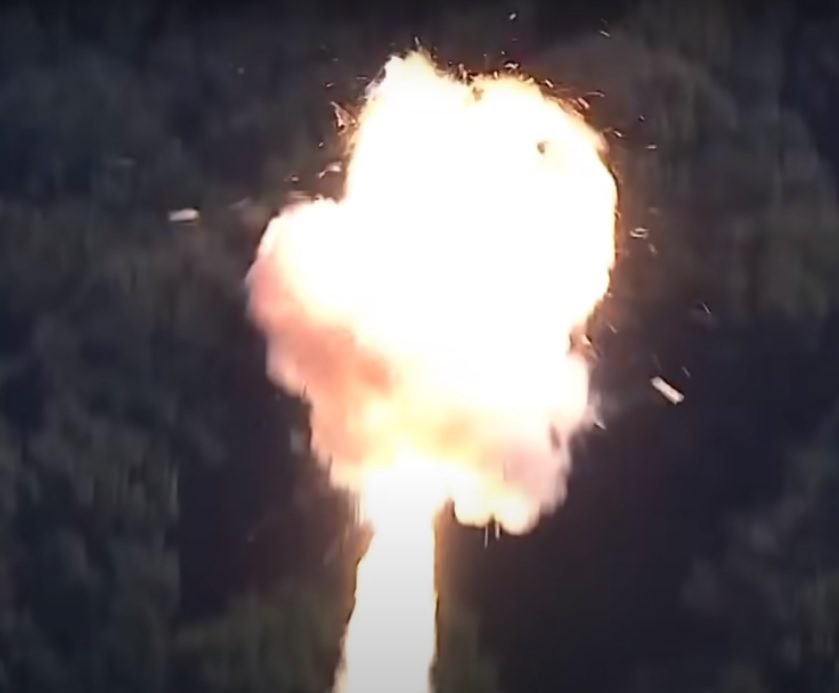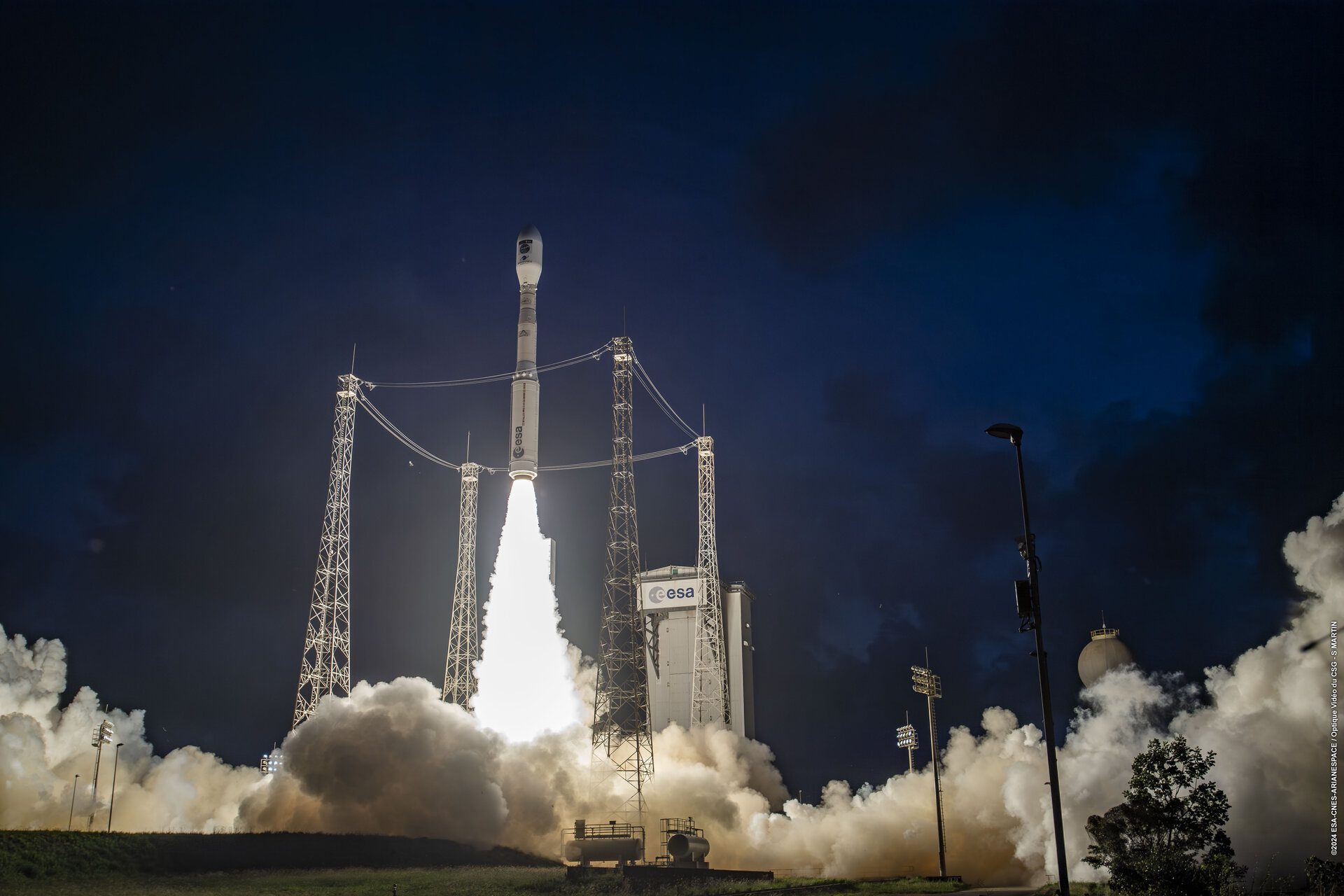The demand for small satellites experienced a mini-boom in August as demonstrated by a flurry of new orders. It started with Blue Canyon Technologies (BCT). The small satellite manufacturer announced on 9 August that it had been chosen to produce 18 CubeSats for Tomorrow.io. The news marked the largest constellation order to date for the Colorado based company which was formed in 2008. The CubeSats will be developed in BCT’s newly opened factory in Colorado from which it plans to deliver two space vehicles a month. Following a buyout by Raytheon Technologies in December 2020, BCT became part of the Raytheon Intelligence and Space division. BCT CubeSat executive director, John Carvo, said investment from its parent company had allowed the company to “increase inventory and acquire new testing equipment and facilities”.
A day later Capella Space, a Californian “newspace” company, announced its plans for a new generation of Synthetic Aperture Radar (SAR) satellites. The first of Capella’s next generation of satellites, known as Acadia, is scheduled to launch in early 2023. The news came less than six months after it raised US$97m in a Series C fundraising round led by NightDragon, with “significant” participation from its existing investors, DCVC and Cota Capital. The Earth observation company, founded in 2016, plans to launch a fleet of 36 small-sat spacecraft with X-band SAR capabilities to create an Earth observation constellation which can provide high-resolution imagery even in adverse weather conditions.
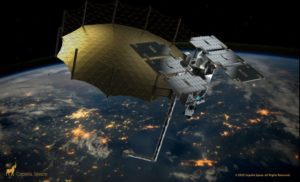
Courtesy: Capella Space



